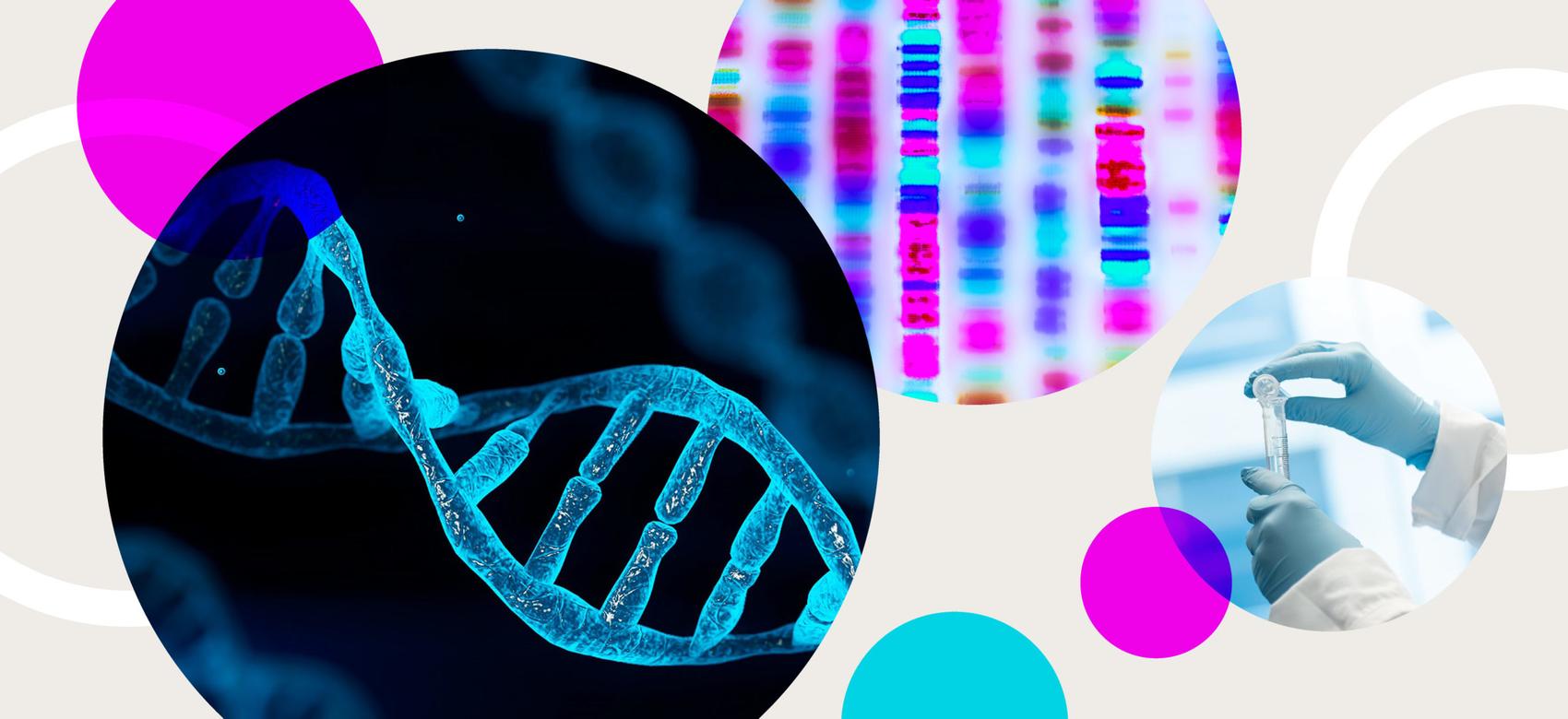What is genomics?
By Jessica Werb

Dr. Liam Brunham and Dr. Denise Daley, associate professors in the Faculty of Medicine at UBC and principal investigators at the Centre for Heart and Lung Innovation, break down the study of genes.
A genome is the entire genetic material of an organism. It is made of DNA, a molecule consisting of four basic molecular building blocks, called bases, arranged in pairs. Stretches of DNA that encode instructions to build a protein are called genes.
Scientists can scan genomes for markers associated with particular genes, explains Dr. Liam Brunham.
“We can look at, say, a million markers in a genome,” he says. “That’s easy to do, and very inexpensive. It can give you some useful information, such as predicting risks of things like having elevated levels of bad cholesterol or heart disease.”
To get a more detailed picture of a genome, scientists use DNA sequencing to uncover changes — or mutations — in the order of the molecular bases.
“This can be done either on a panel of genes, or all of the protein-coding portion of the genome or on the whole genome,” explains Dr. Brunham. “There are increasing levels of cost, complexity, of what’s required to analyze it, and an increasing likelihood of discovering things that you didn’t necessarily set out to look for.”
“As we age, different genes are turned on throughout our lives.”
Dr. Denise Daley
associate professor, Faculty of Medicine
In recent years, scientists have also begun to sequence the epigenome — the chemical markers that attach to DNA to turn genes on and off.
“All mammalian species have this process where different genes are turned on throughout our lives,” says Dr. Daley. “The underlying DNA that you are born with doesn’t change, but the epigenome does.”
This is how humans grow and develop in the womb and beyond, explains Dr. Daley.
“Kids go through their growth spurts and at different times during development when different genes turn on,” she says. “As we age, different genes are turned on throughout our lives.”
Epigenetic changes have been linked to metabolism, psychiatric disorders, allergies and more.
Learn how genomics is changing health care.
Jessica Werb is a freelance writer for UBC Brand and Marketing. This article was published July 22, 2021.
Feel free to republish the text of this article, but please follow our guidelines for attribution and seek any necessary permissions before doing so. Please note that images are not included in this blanket licence.


